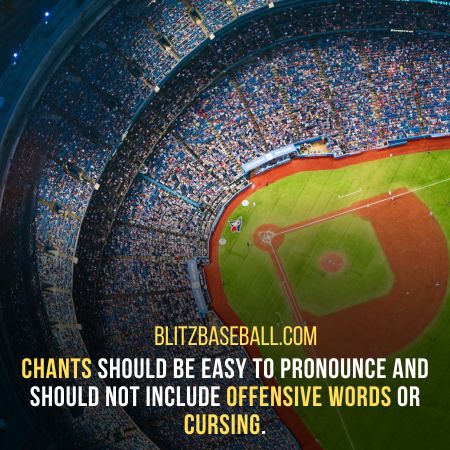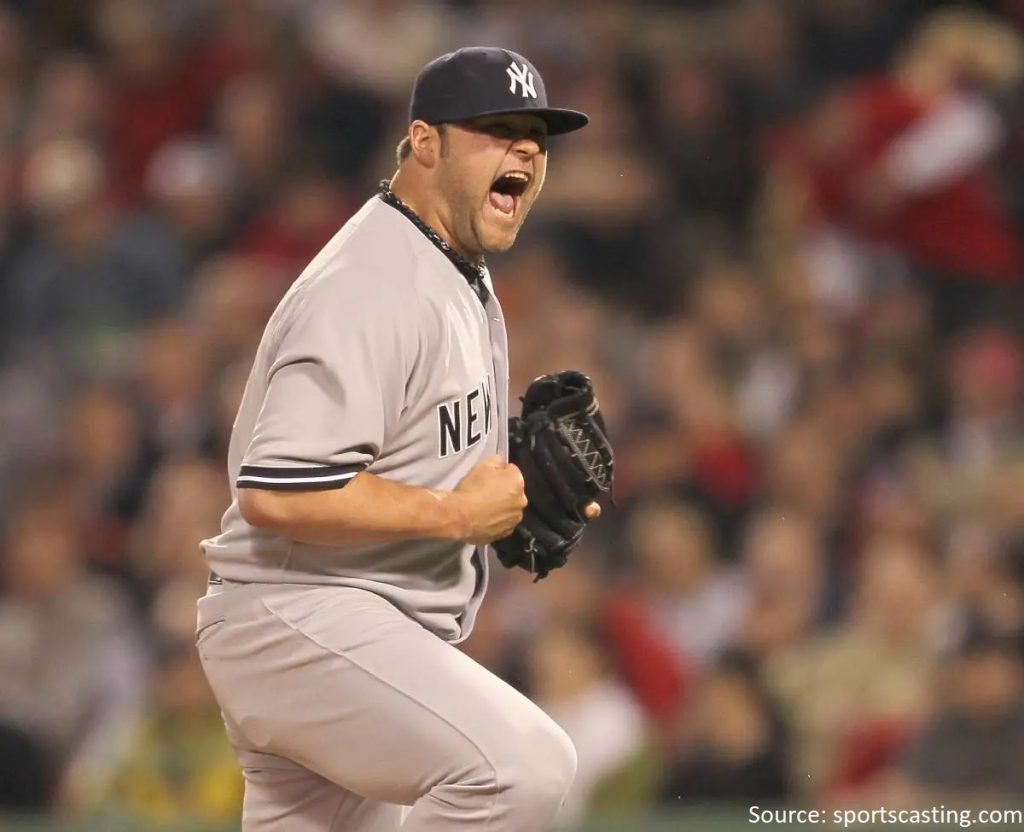Baseball chants have become an essential component of the game, serving as a catalyst for motivation and team spirit.
These organized vocal expressions, directed towards the entire team or individual players, generate excitement and unity among fans.
They are strategically performed at various moments during the game, such as before it starts, after a home run, or when the bases are loaded.
However, it is crucial to maintain respect for the opposing team and avoid chanting while a batter is at bat. Good baseball chants are characterized by their simplicity in pronunciation and rhythm, while also refraining from offensive language.
The psychological and spiritual impact of these chants on players cannot be underestimated, as they inspire and push them toward victory. Even in Little League baseball games, chants are commonly used to target specific players, like the slider pitcher.
Ultimately, baseball chants play a vital role in creating a fun, entertaining, and supportive atmosphere for both players and fans alike.
In this informative guide, we will explore the different types of chants, when to use them, and various techniques and tips for an effective chant.
Key Takeaways
- Baseball chants are an effective way to motivate and energize a baseball team.
- Chants should be organized and used responsibly to cheer for the team.
- Chants can be done at various moments during a game to create excitement and show unity.
- Chants should be easy to pronounce and should not include offensive words or cursing.
Types of Baseball Chants
One aspect that is covered in the pre-existing knowledge is the different types of chants used in baseball games. Popular baseball chants are a common sight in the biggest stadiums, with fans using organized words to motivate their favorite team players.
These chants generate energy and excitement for the players, showing solidarity and unity for the teams. Chants can be directed toward the entire team or specific players, such as when celebrating a home run or when the bases are loaded.

In addition to professional baseball games, chants are also used in Little League games, where young players are encouraged and supported by their enthusiastic fans.
Chants play a significant role in creating a fun, entertaining, and interesting atmosphere during baseball games, helping to drive the team toward victory.
When to Chant
During a baseball game, it is important to be mindful of the appropriate moments to engage in chanting. Chants can add excitement and energy to the game, but timing is crucial to ensure that they are effective and do not disrupt the flow of play.

Here are some key moments when it is appropriate to chant:
-
Before the game starts: Chants can help build anticipation and motivate the team before the first pitch is thrown.
-
During the 7th-inning stretch: This is a traditional time for fans to come together and sing a team song or chant.
-
After a home run: Celebrating a big hit with a chant can show support for the player and team.
-
When the bases are loaded: Chanting in this situation can put pressure on the opposing team and rally the home team.
-
When a new player comes in: Welcoming a new player with a chant can boost their confidence and show support.
Timing is important to ensure that chants are used appropriately and enhance the overall experience of the game.
Techniques and Tips
Techniques and tips for effective chanting during a baseball game involve using simple and easy-to-pronounce words, maintaining a rhythmic pattern, and avoiding offensive language or cursing.
Chanting strategies can vary depending on the situation, such as before the game, during key moments like a home run or when the bases are loaded, or to target specific players.

It is important to engage the crowd and create a sense of unity and excitement. Chants should be short, clear, and easily understood by everyone in the stadium, allowing for maximum participation.
Additionally, incorporating hand motions or clapping can enhance the overall experience.
By following these techniques and tips, fans can effectively motivate their favorite team and contribute to a lively and energetic atmosphere during a baseball game.
